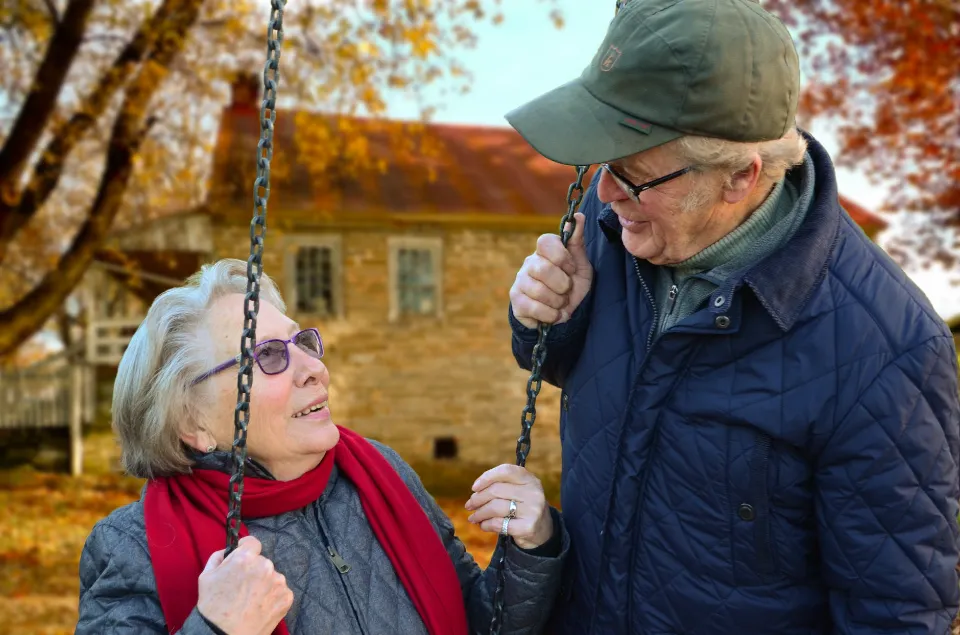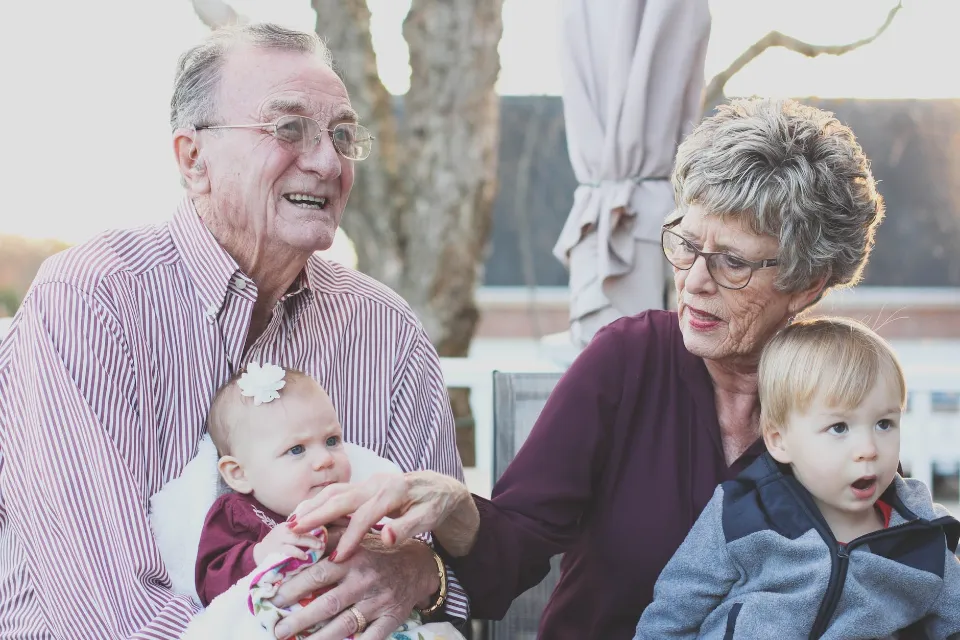It begs the question: How well do we know our elders? Whether you are working on a family legacy project, looking for conversation starters while paying visits or providing daily care, or any other circumstance. What was Dad like as a child and who was Mom? Which life-altering events occurred for them? What dreams, aspirations, and regrets did they have?
Adults frequently assume that they are fully informed about their parents or grandparents and have heard all of their tales. The truth is that, especially as they grow older, many of us fail to inquire enough about the lives of our elders. There’s no better way to approach someone, even if you’ve known them all your life.
In order to improve the physical and mental health of the elderly and to better understand them, it is crucial that you ask them questions in everyday life. We have some questions for you ready.
The Benefits of Asking Older Adults Questions
Reflecting on the past has enormous personal benefits for older people as well. In 1963, renowned doctor, gerontologist, psychiatrist, and Pulitzer Prize winner Dr. Robert N. Butler began to think about the causes of seniors’ increased reminiscence. Butler continued researching this phenomenon of elders reflecting on past experiences and began using the term “life review” to describe the process.
Sadly, he also noted that society holds an overwhelmingly negative attitude toward aging and often undermines the value of seniors and their unique perspectives. Too many recollections or musings are dismissed as senile ramblings or ignored, when instead they should be supported and paid attention to.
Butler insisted that life reviews could be therapeutic, especially if they were conducted in one-on-one and group settings. These sessions give senior citizens the chance to openly share their memories, impart the wisdom that comes with experience, gain a better understanding of their lives and identities, settle old arguments, and respectfully interact with others on a social and frequently emotional level. Generally speaking, there are three benefits:

- Empowerment and Wisdom
- Cognitive Functioning and Self-Esteem
- Spending Time With Our Aging Loved Ones
Question Lists to Ask Older Adults
Questions About When They Were Younger:
1. Do You Remember the Place Where You Grew Up?
You should be able to determine the environment the person was raised in by asking this question. As a result, the topic should come up, as well as how the area has changed over time. If they’ve been back to that location since they left, you might want to ask them if they have.
2. Do You Know the History of Your Last Name, Heraldry, Or Origin?
This kind of question can open up a world of untapped family history. You can suggest a service like Ancestry.com to explore together if they don’t already know but are interested in learning more about their family’s history.
3. What Was Your First Job?
They should be able to remember their mental state and abilities when they were younger by answering this question. Getting your first job is a big deal for most people. Inquiries about their favorite job, their strengths, notable coworkers, and other topics can naturally arise from this discussion.
Questions About Family History
Finding out about family history can provide insight into one’s origins.
4. What Impression Do You Have of Your Parents and Grandparents?
Discovering more about family members you may not have previously met at this time is a great opportunity. It’s also an excellent time to see which relative they felt they had the most similarities with regarding temperament and looks.
Questions About Getting Older
You can learn about what each of us must go through by answering these questions.
5. How Did You Meet Your Spouse?
This is an opportunity to learn about one of the most important individuals in their world. Questions about weddings, favorite personality traits, and whether was it love at first sight, will probably arise in this conversation.
6. If You Could Go Back to Any Era, What Would It Be?
You can tell where and when they are having the most fun by asking this intriguing question.
7. Who Has Been Your Biggest Influence?
The people who have had the most influence on them will give you insight into what shaped the growth of their behavior and opinions, probably up until now.
8. What is the Most Important Lesson You Have Learned in Life?
This is an opportunity to ask them questions and learn from them. Ask about the background to the lessons being taught.

Questions About Values
You can find out what is important in both of your lives by asking questions about values.
9. What Was the Best Day of Your Life?
The reply could be about a wedding anniversary, a child’s birth, or even professional success. In any case, don’t forget to inquire as to their reasoning for the decision.
10. How Would You Like to Be Remembered?
A somber or depressing conversation might be sparked by this query. But by doing that, you will be able to best honor them.
Final Thoughts
We would miss the best aspects of our parents’ and grandparents’ lives without knowing their histories. We can learn about someone’s character from their past. At the same time, we are able to better understand ourselves through the knowledge they inspire in us.
Don’t pass up the chance to learn something new and spend time with the people you care about. One day it will be your turn!
FAQS
How Do You Interview An Older Person?
Start by asking permission. Inform your elder that you are interested in finding out more about them and their history. Inquire if they’d be willing to share some stories with you. Inform them that they are under no obligation to respond to any questions.
How Should We Speak to Old People?
If you’re not sure where to start, here are seven tips that can make communicating with seniors easier:
- Be patient.
- Ask questions.
- Avoid starting disputes.
- Don’t condescend.
- Use “I” statements.
- Laugh.
What Are Good Topics to Talk About With the Elderly?
Here are a few topics and conversation starters to try:
- Where were you born?
- What is the origin of your name?
- What was your first job?
- What did you do as a child for entertainment?
- Which foods, films, games, or colors were your favorites when you were a kid?
- What innovations, fads, or historical occurrences can you recall most clearly?



